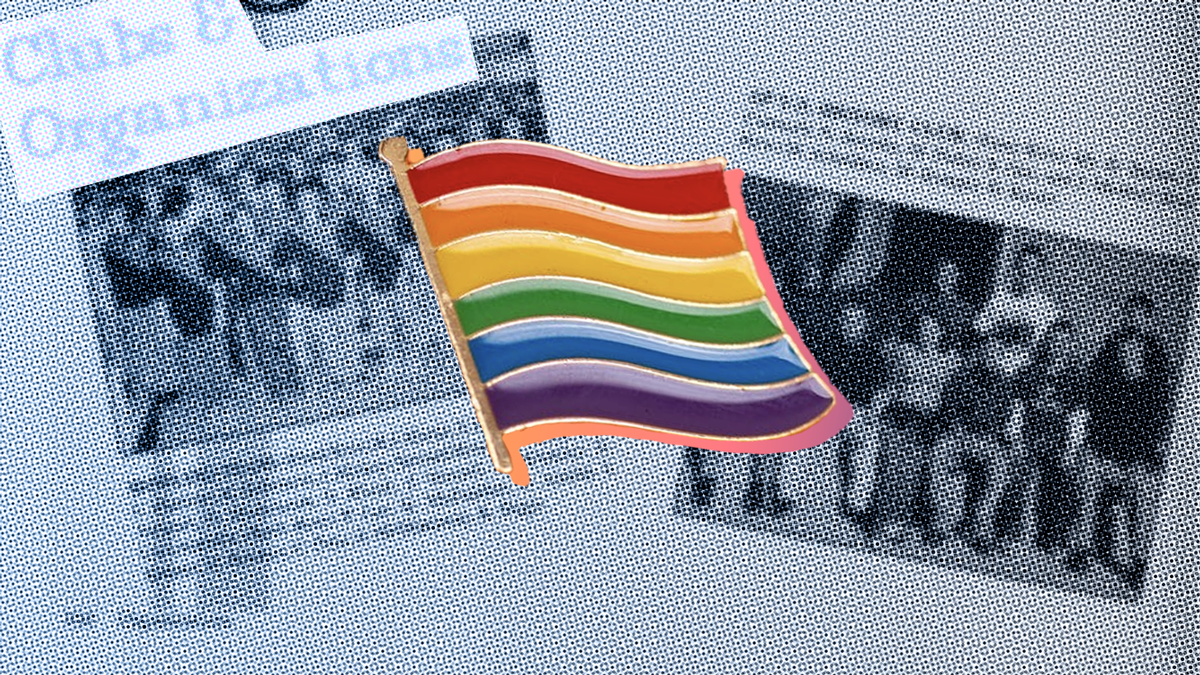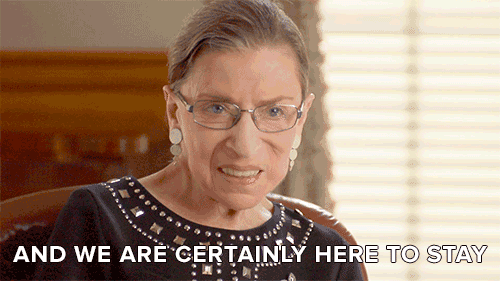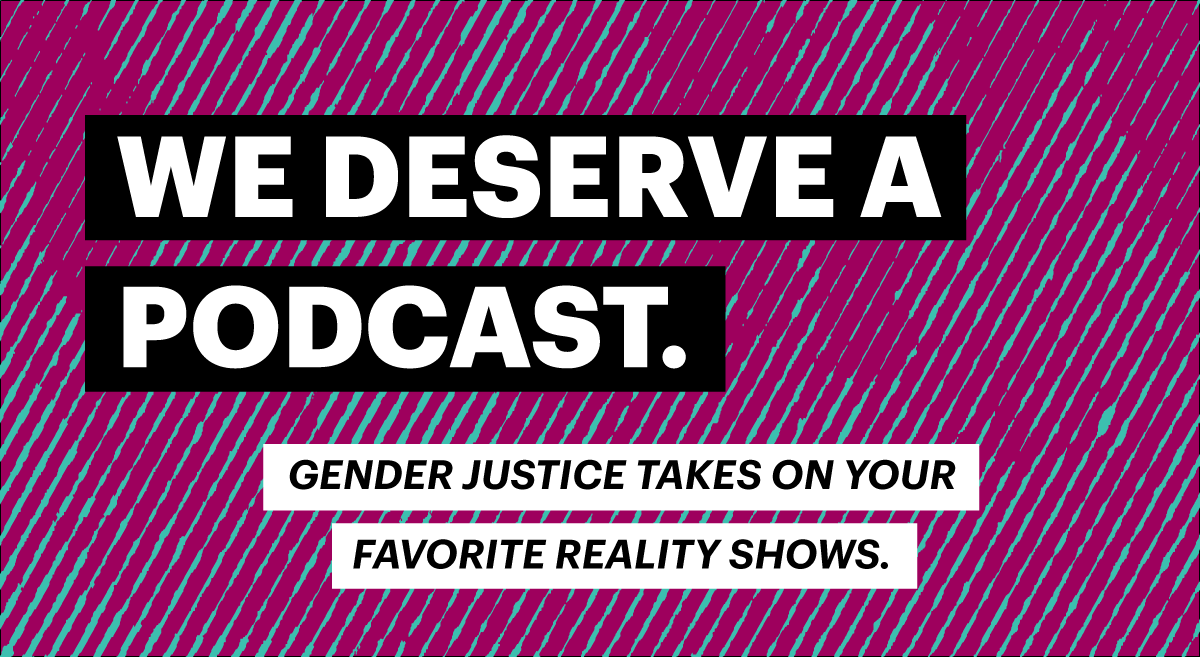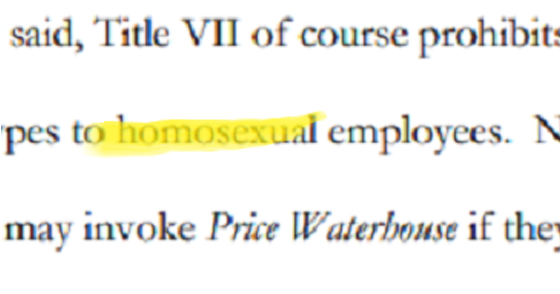Abortion rights, women of color, and LGBTQI+ people are under attack. Pledge to join us in fighting for gender justice.
Official Student Clubs in Public Schools Cannot Exclude LGBTQI+ Students

Update: On August 29, 2022, a Ninth Circuit panel reversed the district court’s denial of FCA’s motion for a preliminary injunction and directed the district court to enter an order reinstating FCA Pioneer as a student club within the San Jose Unified School District. The majority concluded that the school district had “selectively” enforced its nondiscrimination policy against FCA, pointing to examples of non-religious clubs that it said also discriminated on the basis of protected characteristics, like gender. However, as the dissent makes clear, the majority opinion relied on a number of cherry-picked factual determinations that contradicted what the district court found and that were disputed in the record. The dissent also strongly disputes the majority’s conclusion that the plaintiffs have standing to receive a preliminary injunction, as there was no evidence that any student even intended to apply for recognition of FCA in the upcoming school year.
***
On July 25, 2022, the National Women’s Law Center (NWLC) led an amicus brief alongside our law firm partner, Debevoise & Plimpton LLP, and 21 additional advocacy organizations in Sinclair v. San José Unified School District Board of Education, currently on appeal to the U.S. Court of Appeals for the Ninth Circuit. NWLC filed the brief in support of the San José Unified School District, which is represented by Americans United for Separation of Church and State, Altshuler Berzon LLP, and Dannis Woliver Kelley. Specifically, NWLC’s brief supports the school district and its nondiscrimination policy that prohibits officially recognized school clubs from excluding students based on protected characteristics, like race, gender identity, sexual orientation, or disability.
The Case
In 2019, the San José school district found out that a local student chapter of the Fellowship of Christian Athletes (FCA) made every prospective student leader sign a sexual purity pledge in conformity with the national FCA organization’s mandate. The pledge required student leaders to agree to uphold the belief that “neither heterosexual sex outside of marriage nor any homosexual act constitute an [acceptable] alternative lifestyle.” In other words, the club (Pioneer FCA) failed to follow the school district’s nondiscrimination policy when it essentially said no student may fully participate in the club if they are LGBTQI+ or support LGBTQI+ rights.
Pioneer FCA applied for official school recognition despite its avowed intent to discriminate against students, and the school applied its nondiscrimination policy to reject that request but still allowed them to meet as a student group. Then, even though it’s unclear if there are any students seeking to be active in this club, the Becket Fund for Religious Liberty brought a lawsuit to try to force the school to officially recognize FCA.
In a nutshell, FCA’s lawsuit claims that the school’s refusal to grant the local chapter official recognition was motivated by hostility toward the group’s religious beliefs—rather than FCA’s blatant violation of the nondiscrimination policy. FCA argues that because the school allows so-called “exemptions” from its nondiscrimination policy in other contexts, its local chapter should be allowed to discriminate against LGBTQI+ students. But, as detailed in our amicus brief, FCA’s deeply flawed argument ignores that these so-called “exemptions” are allowed, and at times required, by civil rights laws.
Specifically, FCA argues that it must be granted an exemption from nondiscrimination protections because the school district allows: sex-separated school sports teams (even though civil rights laws permit them); student clubs, like Girls Who Code or the Latino Male Mentor Group, that promote opportunities for certain groups (even though no students were ever excluded from these groups); and accommodations for pregnant or parenting students (even though these are required by law). FCA claims that because the school allows “discrimination” in these ways, it must also let FCA discriminate. The lower court rejected these arguments and denied FCA’s request for a “pause” on the school’s nondiscrimination policy. FCA is now repeating its argument before the Ninth Circuit.
Our Brief
NWLC’s amicus brief discusses how FCA’s argument is nonsensical and that the school’s nondiscrimination policy follows existing civil rights laws, which both protect against discrimination and promote inclusion of groups that have been systematically excluded. It is completely consistent with its nondiscrimination policies and civil rights laws for the school to allow open-membership clubs and programs geared to particular communities.
Our brief also highlights disability rights laws like the Rehabilitation Act and the Individuals with Disabilities in Education Act (IDEA) that require schools to accommodate disabled students and make individualized plans to ensure that these students can access a fair appropriate public education. These laws exist because denying students accommodations for a disability—a snack for a student with diabetes, or extra time on tests for students with dyslexia—shuts them out of the education every student deserves. In these contexts, of course the school must take a protected characteristic (disability) into account. However, that is not a basis to argue that the school is not consistently applying its nondiscrimination policies or that it must then allow exclusion of LGBTQI+ students in one of its officially recognized student clubs.
FCA’s argument is a transparent effort to narrow or overturn established U.S. Supreme Court and Ninth Circuit decisions that rejected similar requests for exemptions from generally applicable nondiscrimination policies by religious groups that wanted to receive benefits from educational institutional while imposing discriminatory restrictions on their membership.
For all these reasons, NWLC and our partner organizations are asking the Ninth Circuit appeals court to rule in favor of the school district and its nondiscrimination policy—the kind of nondiscrimination policy that exists, and needs to exist, in our schools to ensure civil rights protections for all students.





